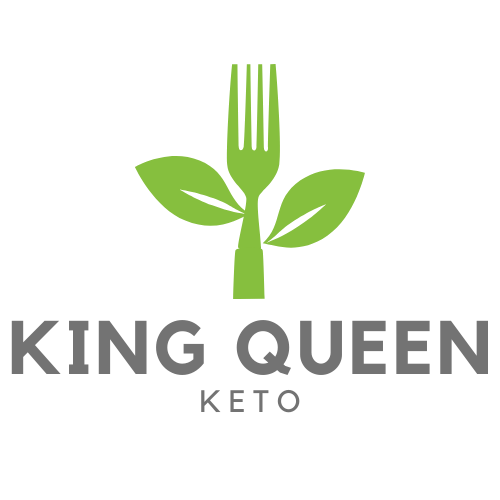Meal planning and prepping is a popular trend. People like the idea of preparing a week's worth of meals in one evening, storing the food in the refrigerator or freezer, and taking each meal out only as needed.
There is no denying the advantages of meal planning, but is eating the same meal and foods every day healthy? The answer, as with most dietary issues, is it depends. What do your meals consist of? Are you making healthy choices, or are your plans favoring snack food items and processed foods?
Eating the same thing every day can have its benefits, but it can also have its fair share of disadvantages. The key to a successful diet is the balance of nutritional elements.
Advantages of Eating the Same Food and Meals Every Day
Eating the same foods daily will make life and your diet easier in several ways. First, if you are focused on calorie counting, having a diet consisting of the same foods eliminates the need for continuous recalculations; you simply plan one or several days and repeat them.
Second, repetitive eating helps you establish healthier eating habits. You can plan out the number and portions of each food group once and be done with it, knowing that you are hitting nutritional goals every day.
Third, your meal planning and preparation will become easy and habitual. Additionally, it will become financially predictable. Finally, most people will find that having fewer food choices will result in better food choices, meaning you might lose weight and avoid panic eating.

Disadvantages of Eating the Same Food and Meals Every Day
A lack of variety in your diet can lead to some troubling realities. First, you may experience nutritional deficiencies because you are not consuming a broad enough diet; these deficiencies can result in mounting health problems.
Second, a lack of nutrient-dense food can risk metabolic health, leading to problems like hypertension, accumulation of bad cholesterol, and obesity. Additionally, by reducing the spectrum of foods you eat, you deprive yourself of the many natural benefits that stem from foods like fruits and vegetables.
Finally, opting for a restricted diet can lead to boredom. Boredom is dangerous because it can lead to poor choices and even binge eating. It is much easier to give in to temptation when you deprive yourself of variety, especially after a long, challenging day.
Should You Eat a Varied or Consistent and Repetitive Diet
The predictability of eating the same thing can be tedious, but it can also feel liberating. How often have you had the "what are we having for dinner" argument with someone? A restricted meal plan means you always know.
However, if you are not careful with your nutritional planning, you can deprive yourself of essential vitamins and minerals, which can result in deficiencies. The benefit of eating a varied diet is that it limits the odds of becoming vitamin or mineral deficient.
Ultimately, making your diet out of a few different meals is possible, but it might not be the most beneficial diet. For most people, it is better to focus on eating a varied diet.
The choice is up to you. If you are confident in your ability to plan your meals, you can try an extremely simplified diet. However, it is best to talk to your primary care physician or a licensed dietician or nutritionist to ensure you get everything you need.
